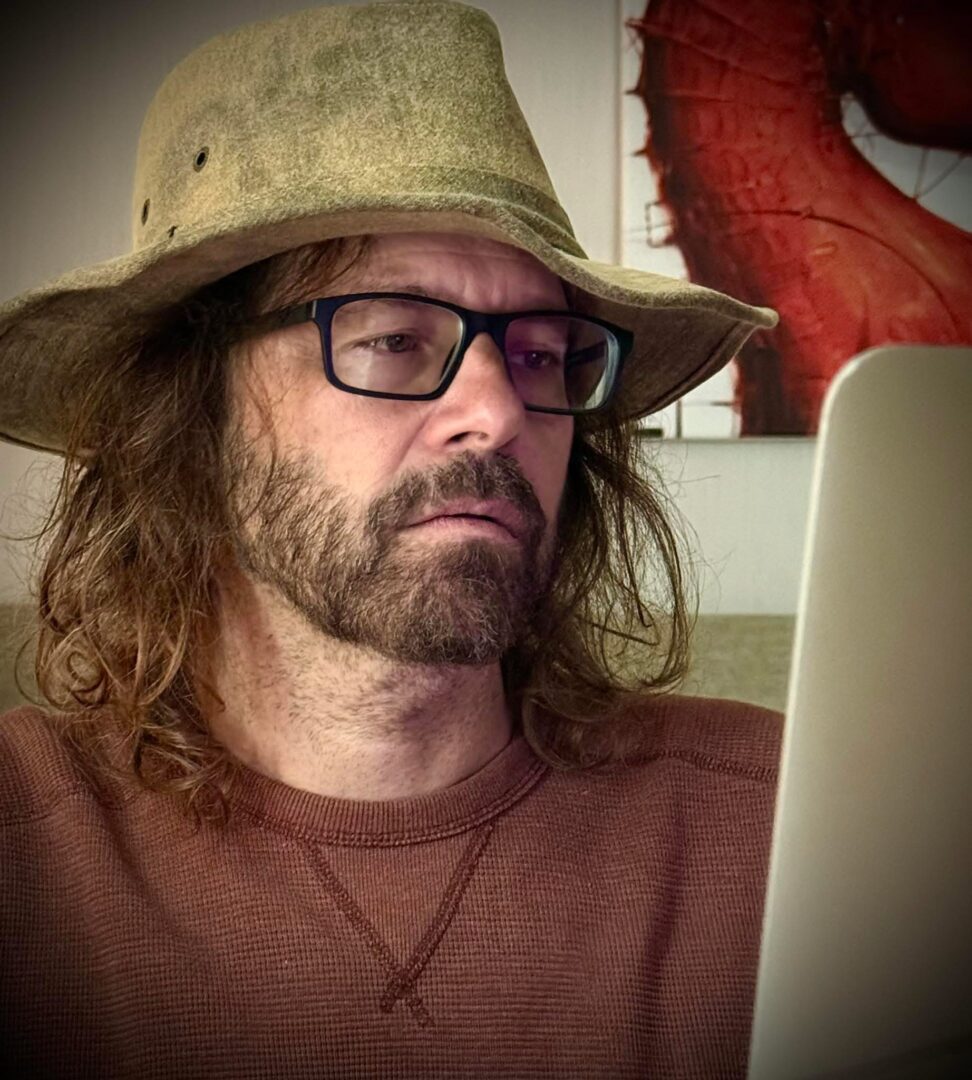Shane Stanley shared their story and experiences with us recently and you can find our conversation below.
Hi Shane, thank you so much for joining us today. We’re thrilled to learn more about your journey, values and what you are currently working on. Let’s start with an ice breaker: What is a normal day like for you right now?
A “typical” day for me isn’t very typical at the moment. I’m in the final stretch of co-writing a book with an amazing collaborator, which has been an exciting creative challenge. At the same time, I’ve just moved a new film into pre-production which is the one of the most demanding phases of filmmaking. It’s a period piece that spans over 60 years and will be shot out of state, so my days are packed with intense prep work, from historical research to logistical planning and casting. It’s a busy but incredibly rewarding season.
Can you briefly introduce yourself and share what makes you or your brand unique?
I’m a filmmaker, author, and instructor who’s spent a lifetime telling stories that (hopefully) entertain and inspire. My career started early, working alongside my father in television, and I’ve since gone on to produce a wide range of projects from feature films to network TV shows.
What makes my work unique is my focus on creating content with purpose—stories that resonate with audiences long after the credits roll. My production company prides itself on delivering high-quality films for a modest budget while fostering a collaborative, family-style environment both on and off set.
At the heart of everything I do is a passion for storytelling and a commitment to empowering other filmmakers. I love sharing what I’ve learned over the years to help others bring their own stories to life.
Great, so let’s dive into your journey a bit more. Who taught you the most about work?
There were many people along the way who helped shape me both as a filmmaker and as a man. But without question, my father, Lee Stanley taught me the most. I didn’t just hear him talk about hard work—I got to see it every single day. He taught me that work isn’t just about showing up; it’s about pouring your heart into what you do and never compromising your integrity along the way.
Some of my earliest memories are of being on set with him, watching how he treated everyone with the same respect, whether they were a producer or a production assistant. He always said the little things matter, and he proved it in the way he approached every project.
Working alongside him wasn’t just an education in filmmaking; it was an education in life. Those lessons—about passion, perseverance, and leading with kindness—are the foundation of everything I do today.
What did suffering teach you that success never could?
Suffering taught me patience, humility, and perspective in a way success never has. When things fall apart – whether it’s a project collapsing, funding disappearing, or personal setbacks – you’re forced to sit with yourself and ask, Why am I really doing this? It strips everything down to the core and makes you realize if you’re in it for the right reasons.
Success is rewarding, but it can sometimes mask the lessons. Suffering, on the other hand, forces growth. It taught me that failure isn’t the opposite of success – it’s a vital part of it. It made me appreciate the small wins, value the people who stand by you in the trenches, and understand that the journey is just as important as the destination.
Most importantly, it gave me empathy. It made me want to tell stories that connect with people on a deeper level, because everyone carries their own battles. That’s something no amount of success on its own could have ever taught me.
Next, maybe we can discuss some of your foundational philosophies and views? What are the biggest lies your industry tells itself?
One of the biggest lies our industry tells itself is that volume equals value – that if we just keep cranking out content to feed this endless void, we’re doing our job. There’s such a rush to fill the pipeline that somewhere along the way, we forget what storytelling is supposed to do.
Audiences don’t just want more content; they want to feel. They want to be inspired, to find hope, and to have what they’re watching touch those key senses of the human spirit. The industry sometimes acts like quantity can replace quality, but the truth is, no algorithm or content quota can substitute for a story that genuinely moves people.
At the end of the day, what lasts isn’t how much you make, but how deeply you connect. That’s the part I think we risk losing if we buy into the lie that “more” is always better.
Thank you so much for all of your openness so far. Maybe we can close with a future oriented question. When do you feel most at peace?
Ironically, I feel most at peace when I’m in the middle of what many would consider chaos. I don’t do well being idle or sitting still – it almost makes me feel like I’m in a void. I thrive under pressure and actually prefer a workload that would overwhelm most people.
There’s something about being on set, surrounded by my film-family, all of us working toward the same goal, that centers me. That’s when I feel most alive and grounded. When the cameras are rolling, the clock is ticking, and the stakes are high, that’s when I’m at peace. Doing the work, creating, problem-solving in real time – that’s my calm in the storm.
Contact Info:
- Website: https://www.shanestanley.net
- Instagram: theshanestanley
- Linkedin: https://www.linkedin.com/in/shane-stanley-328334316/
- Twitter: shanestanley
- Facebook: https://www.facebook.com/ShaneStanleyOfficial
- Other: https://www.imdb.com/name/nm0822597
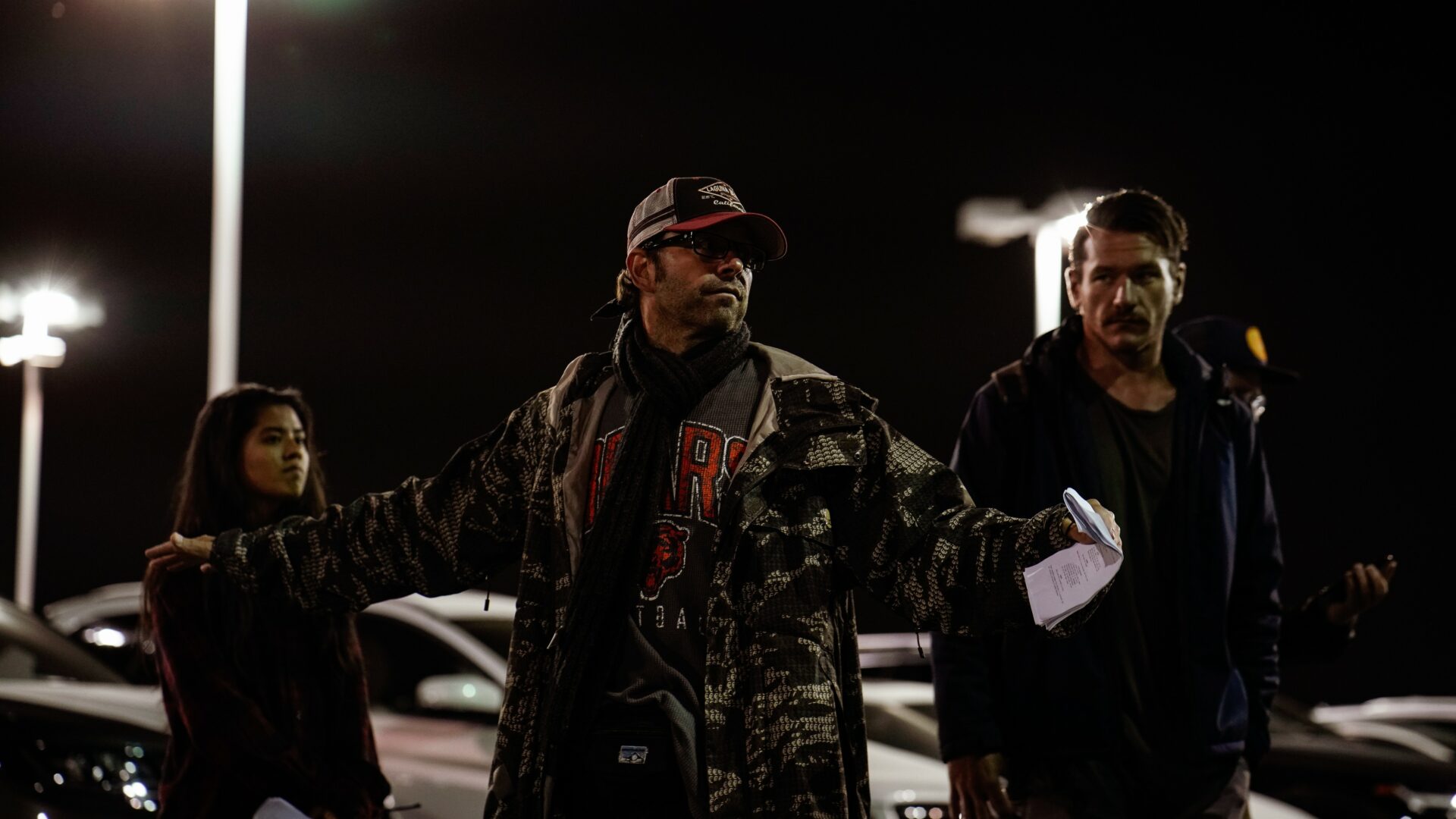
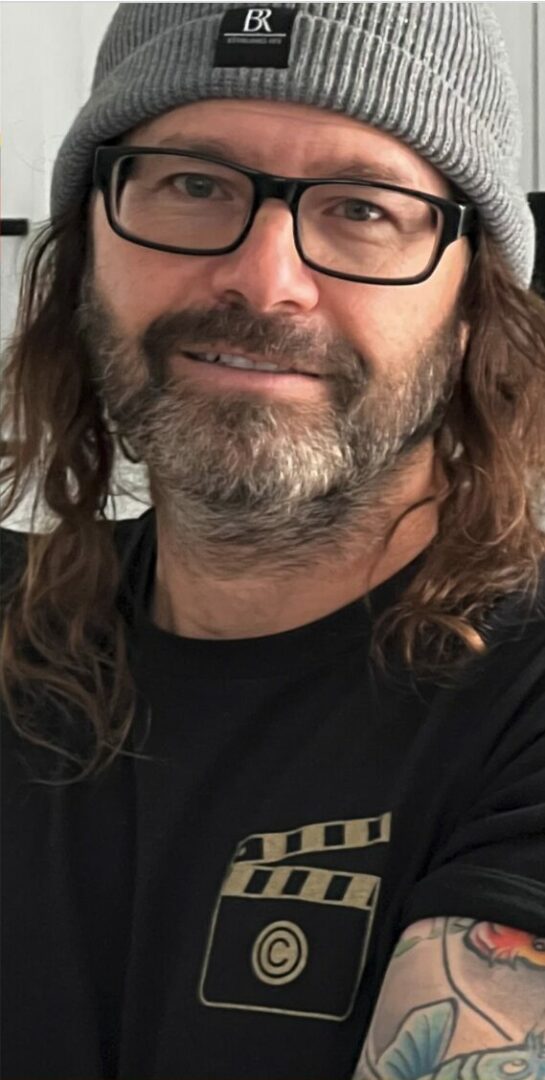
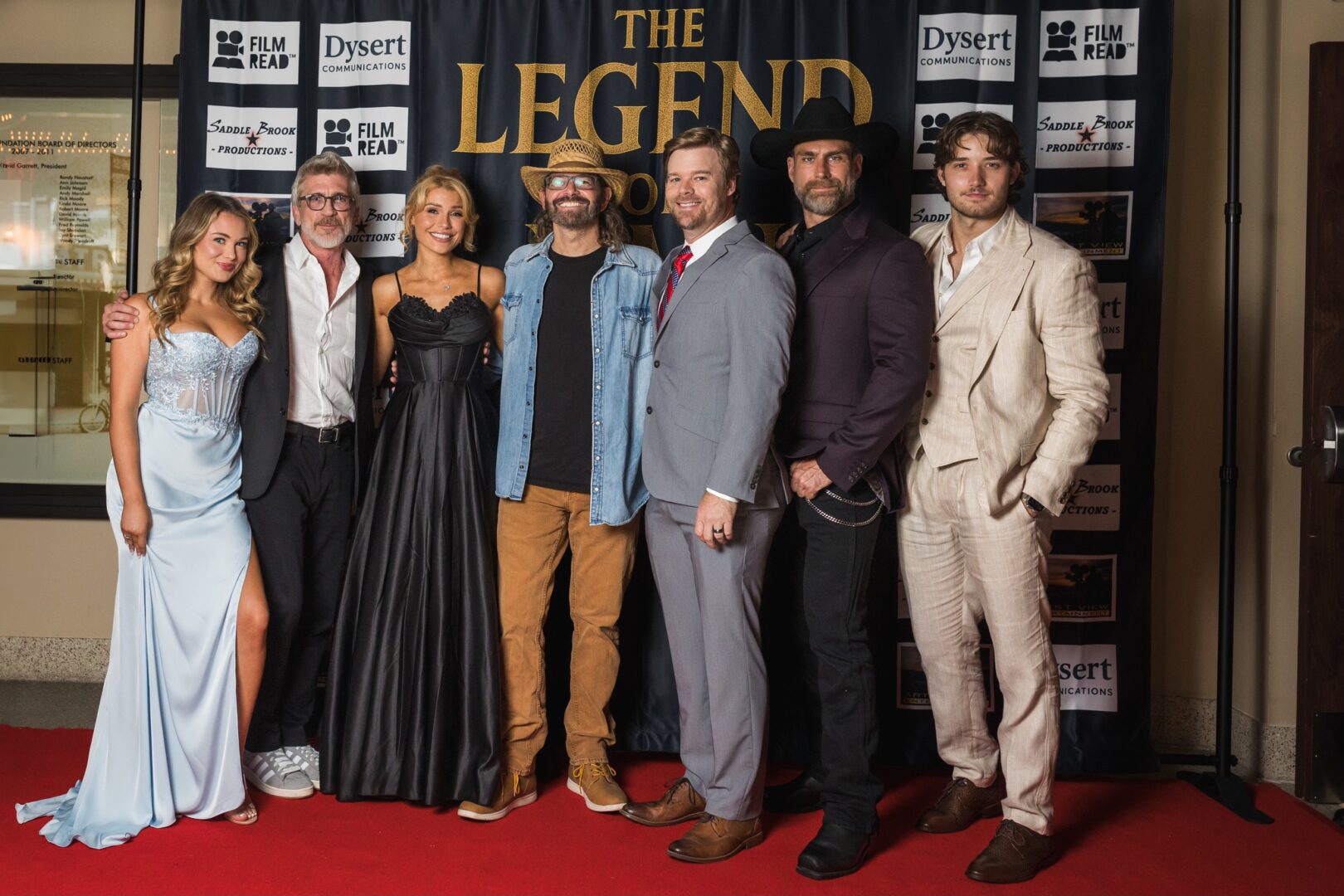
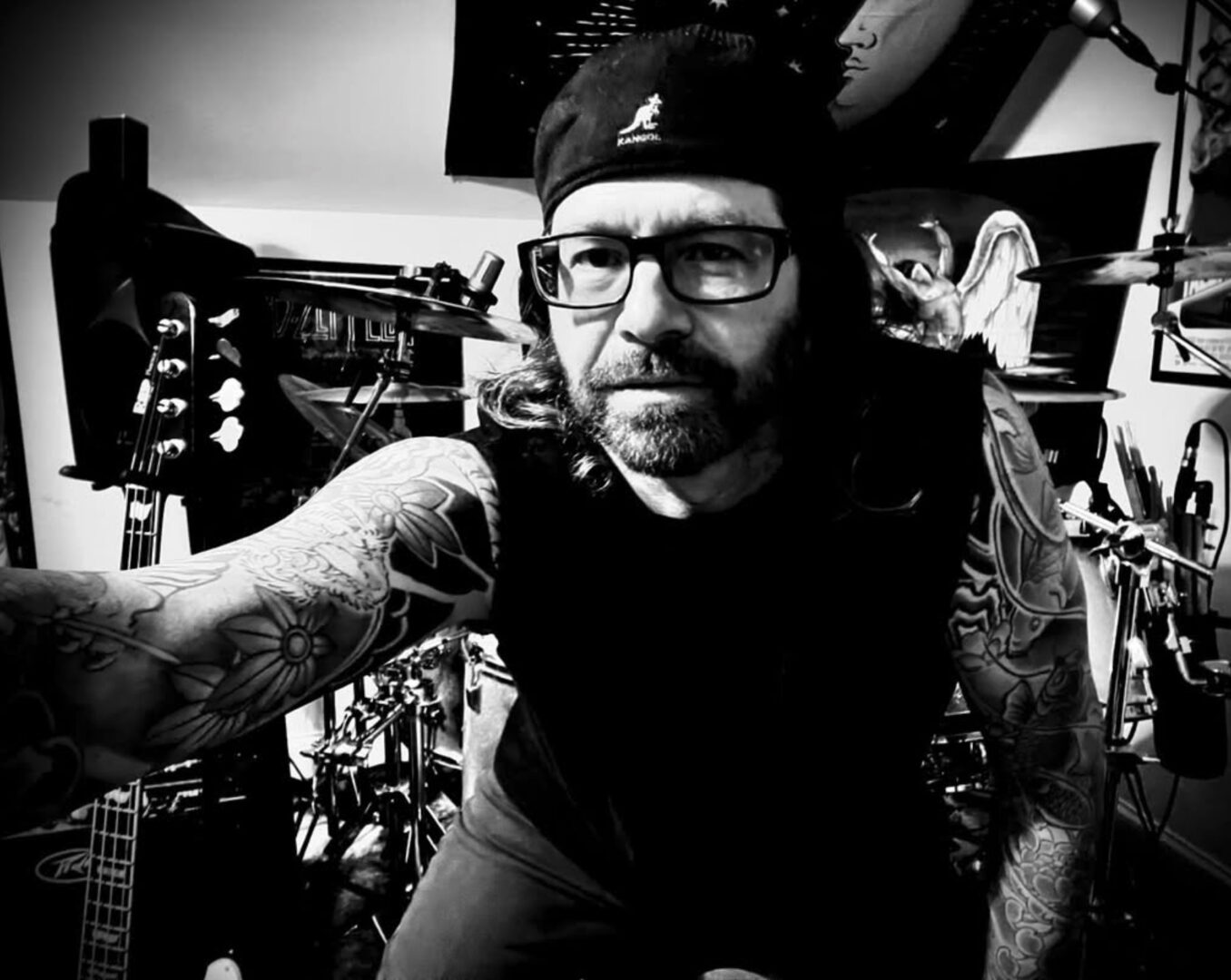
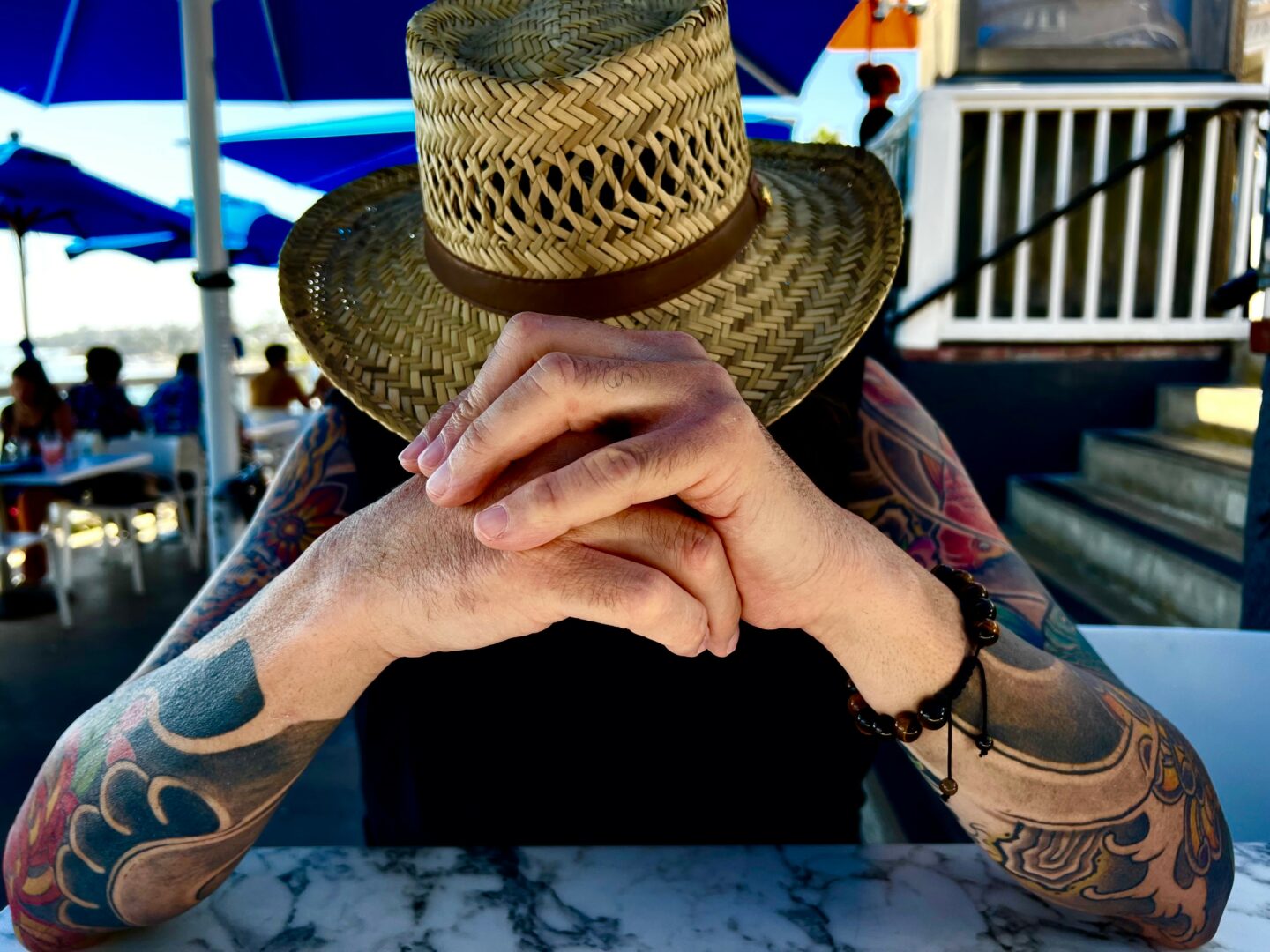
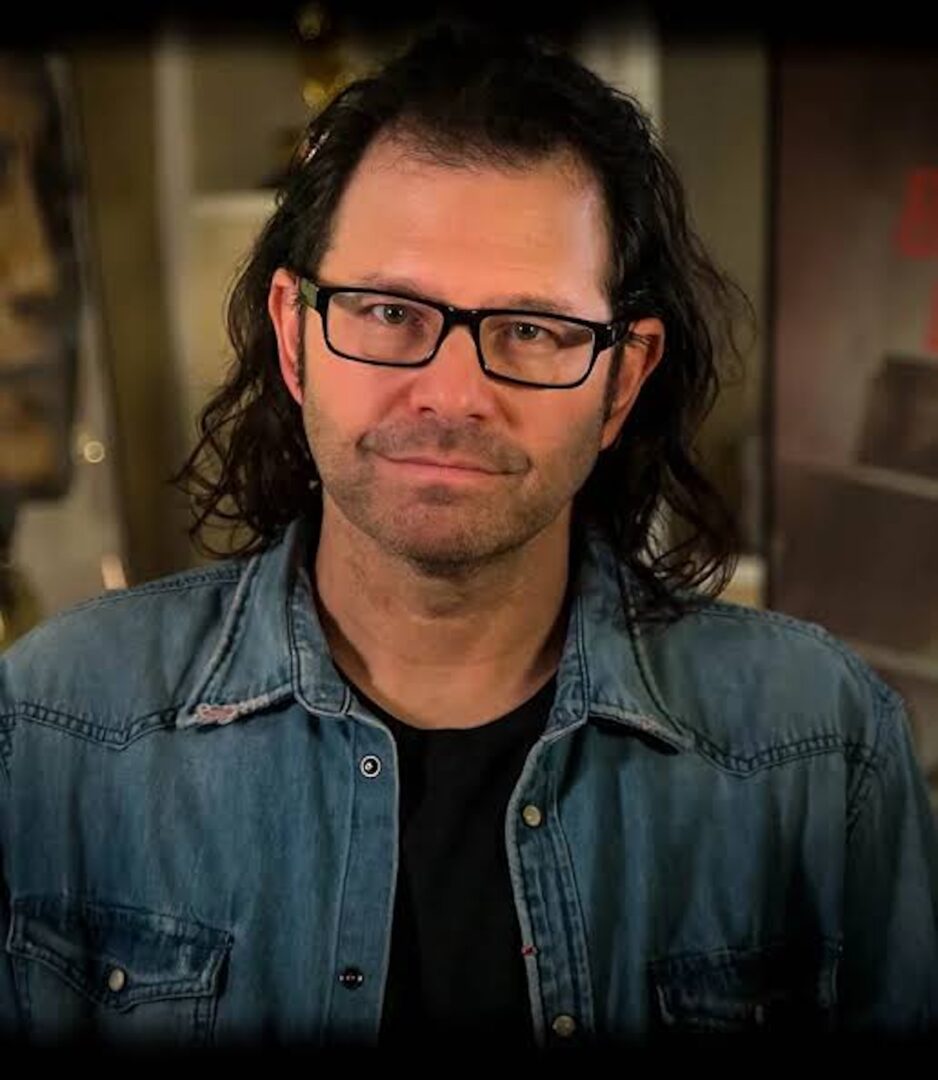
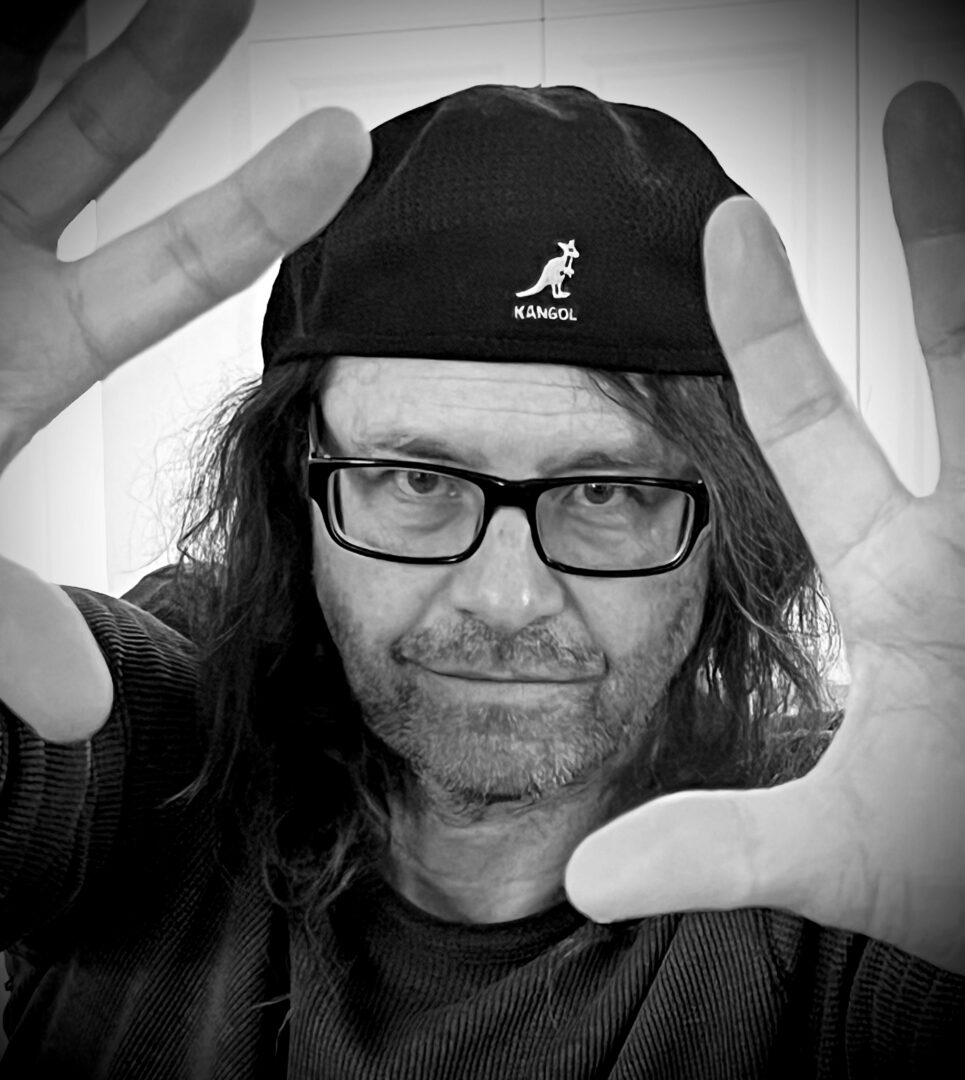
so if you or someone you know deserves recognition please let us know here.

